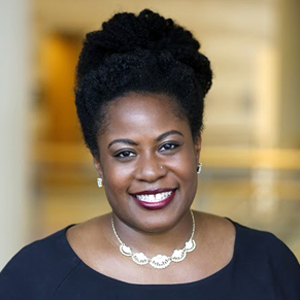
More than half of all women who gave birth in 2014 were women of color, but there is little racial and ethnic diversity among birth professionals in the United States. In an effort to help figure out how to increase diversity, School of Public Health researchers interviewed women of color who recently became doulas to find out what motivated them to enter the field. Doulas are women trained to coach and support mothers during childbirth and they’ve been shown to reduce birth complications and raise patient satisfaction.
The study by Assistant Professor Rachel Hardeman and Associate Professor Katy Kozhimannil was published in the Journal of Midwifery & Women’s Health.
“The doulas in this study wanted to enhance women’s empowerment in the context of childbirth and more broadly in their lives,” says Hardeman. “They recognized the importance of supporting women who share their own racial, ethnic, and cultural identity in their motivation to become doulas and in the ongoing work they do.”
Other key themes shared by the new doulas included perceiving birth work as a “calling,” easing women’s transitions to motherhood by creating an emotionally supportive atmosphere; honoring the ritual and ceremony of childbirth, and providing culturally competent support, often as the sole source of cultural knowledge during birth.
According to Hardeman, historical disadvantages have created barriers for communities of color to enroll in schools for health professionals, but there are a number of reasons why the ethnicities of doulas and other providers should reflect that of their patients.
“The clinician-patient relationship and doula-patient relationship can be a deeply personal and it is important that everyone has a provider who understands their values and beliefs,” says Hardeman. “Ultimately, it allows for an important connection, which can facilitate more patient-centered and equitable care.”
In terms of how to increase the diversity of doulas, Hardeman recommends several measures, including reducing financial barriers to obtaining doula training; ensuring women already trained as doulas receive adequate insurance reimbursement for their services in order to afford additional training; and involving local-level policymakers in creating such initiatives.
“The health care community must view minority communities not just as recipients or consumers of health care, but rather as equal partners in improving health status and providing quality care for all,” says Hardeman.
